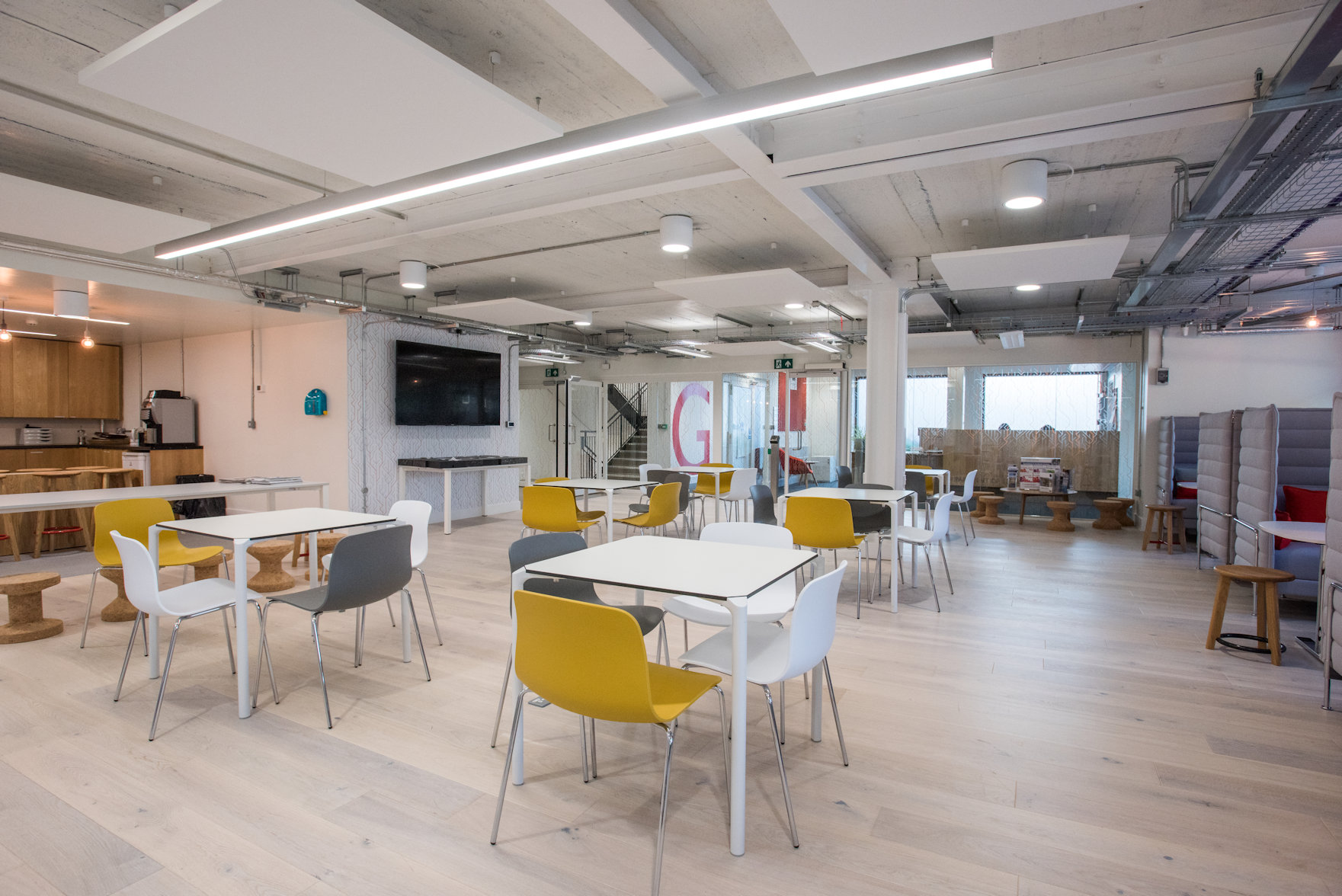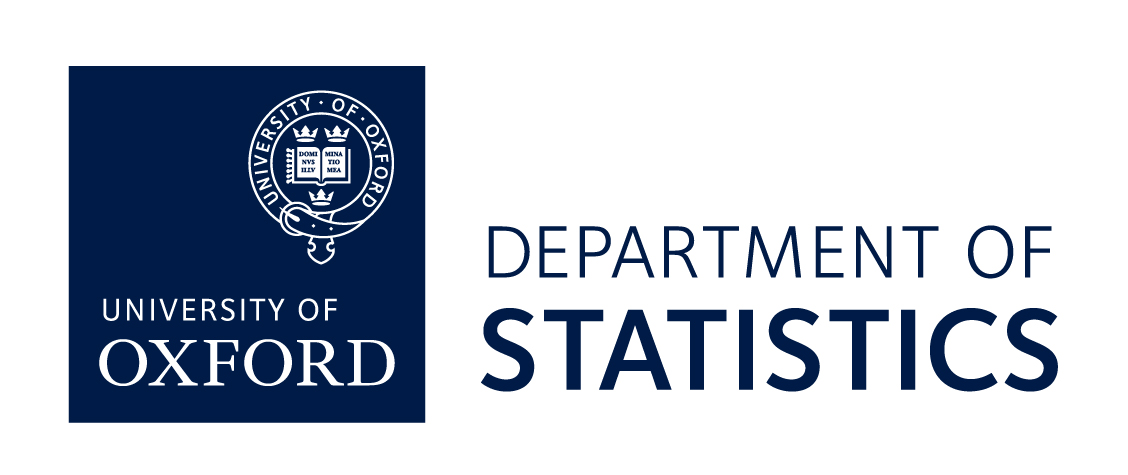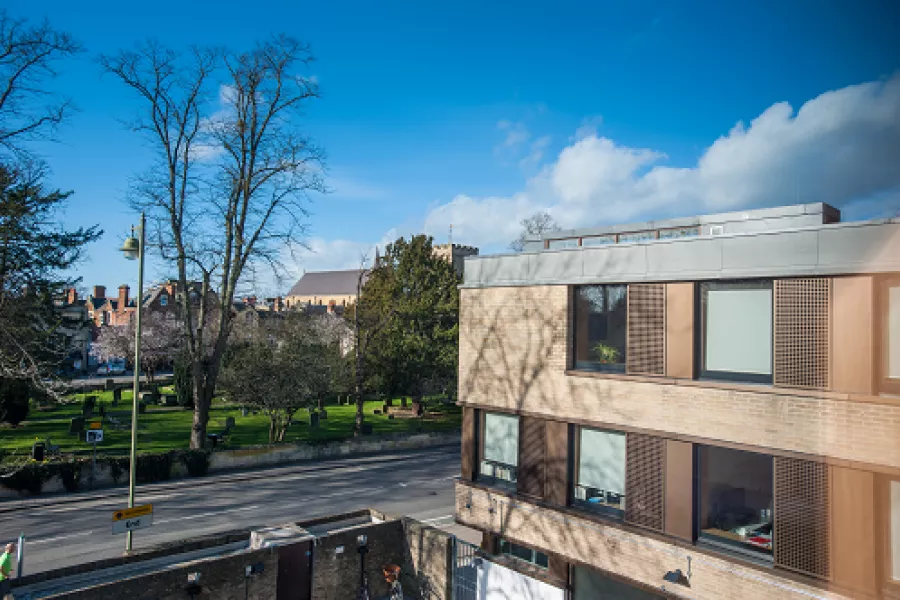Our research
We feel enormous pride in the quality and the diversity of our research, as well as our community of researchers and academics. Our department is a place where people love working and learning together, where excellence is valued and strong relationships are built.
Our department has traditionally been very strong in both applications and biomedical science, as well as more recently in computational statistics and machine learning, all underpinned by the fundamentals of probability. Our research impacts daily lives in areas as diverse as protein folding, population genetics, epidemiology of Covid, disaster management or algorithmic fairness.
In the 2021 Research Excellence Framework (REF), 78% of our submission was judged to be 4* (the highest score available, for research quality that is world-leading in terms of originality, significance, and rigour).
Between 2015 and 2022, the Department has been awarded over 60 research grants, not counting several very large EPSRC funded awards for Centres for doctoral training. The main sponsors are the European Commission, UKRI and the Wellcome Trust.
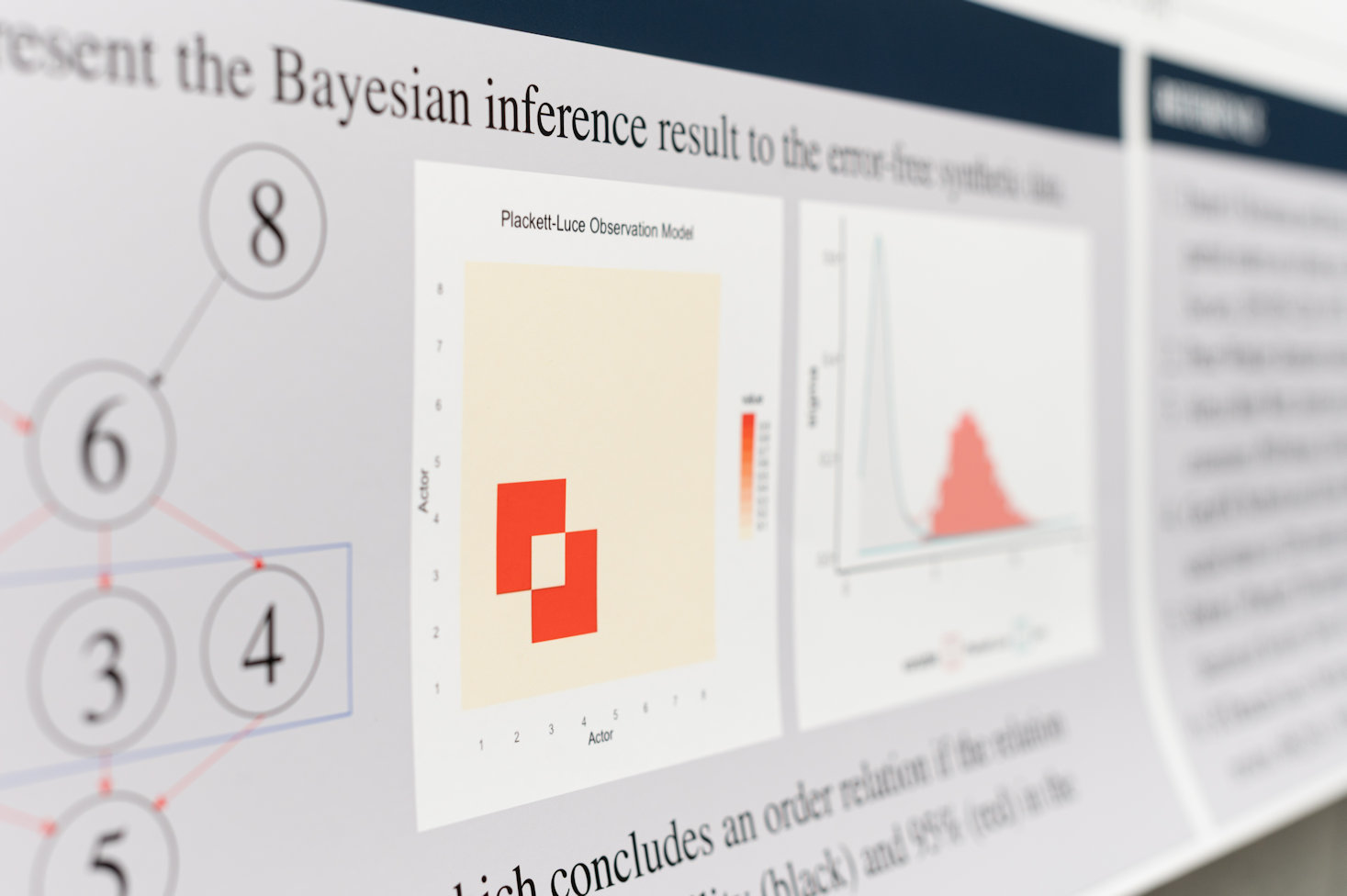
Our teaching
Through our undergraduate and postgraduate teaching we are training the next generation through a rigorous education in modern Statistics. Our academic staff have a strong commitment to quality teaching which reflects their world-leading research.
We offer an undergraduate degree in Mathematics and Statistics, alongside and MSc Statistical Science and a DPhil programme. Alongside this we also offer the MSc Mathematical Sciences (with the Mathematical Institute) and a range of Centres for Doctoral Training.
MSc in Statistical Science carefully balances the teaching of advanced fundamental concepts in Statistics with setting you up for a wide variety of careers at the intersection of cutting-edge disciplines.
Artur Begyan MSc Student
Our building
Our building on St Giles' provides modern lecture and teaching space, a variety of interaction and social areas, and brings together researchers in Probability and Statistics. Our ground floor social area is a flexible space, where undergraduate students can often be found working on problem sheets alongside research students discussing their work. It is also the main gathering point every time we have cause for celebration (which usually involves cake or fruit). The kitchen provides access to fridges, microwaves, and kitchenware for all to use.
Our teaching spaces comprise of a large lecture theatre (seats 110), a small lecture theatre (seats 30) and a computer lab with 50 computers. These support our undergraduate and postgraduate teaching.
A dedicated Research Collaboration Zone can be found on the second floor, for discussing work in an informal setting.
